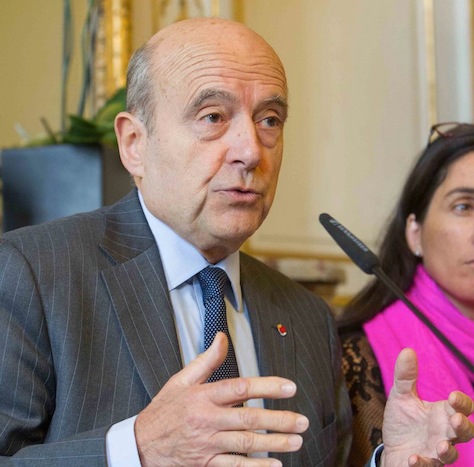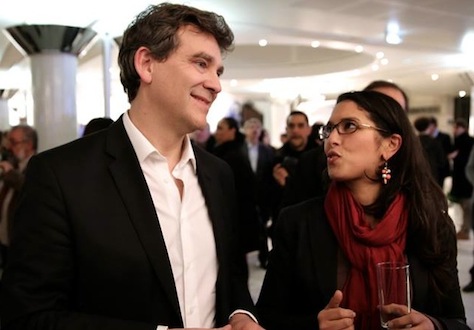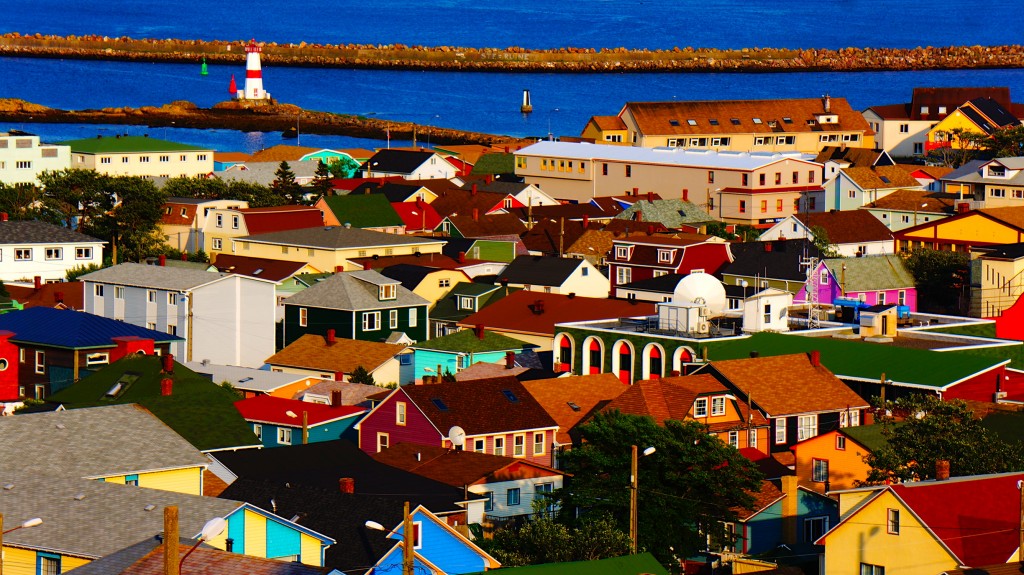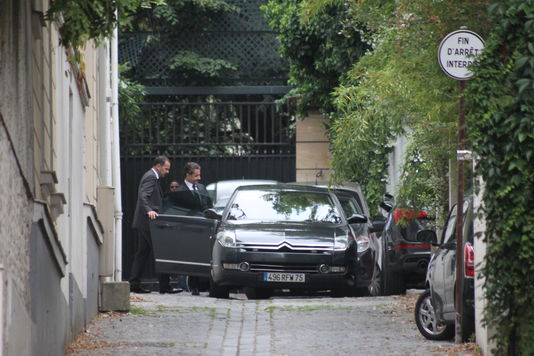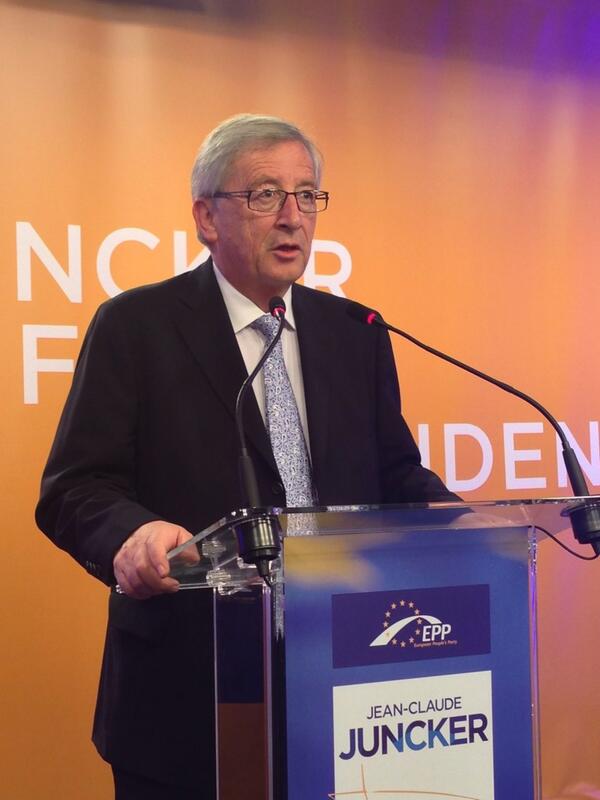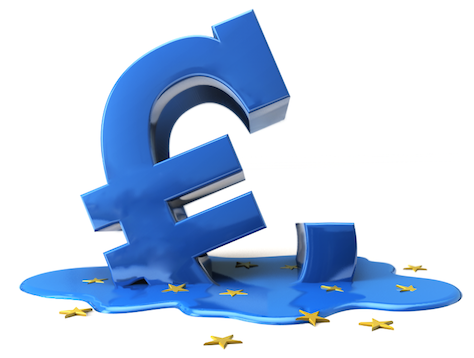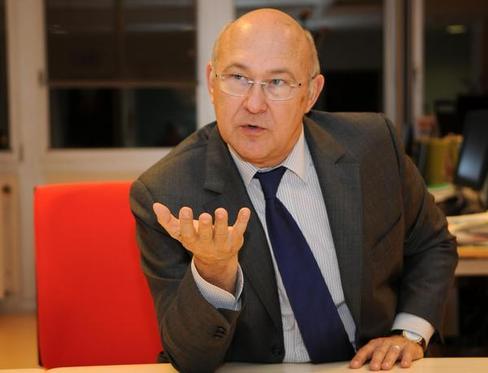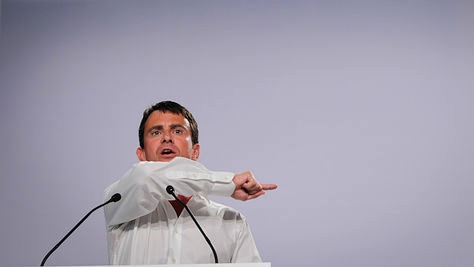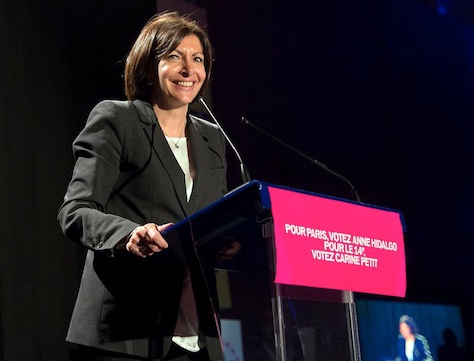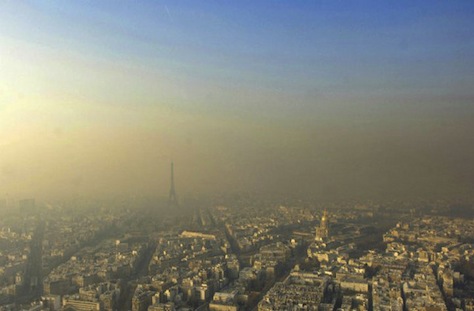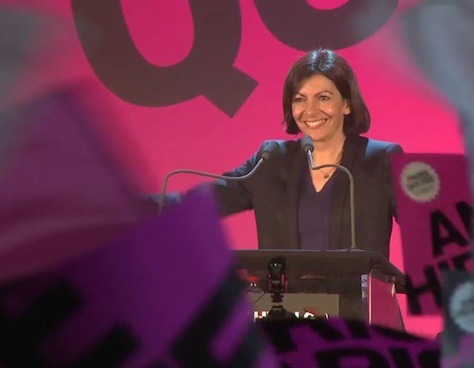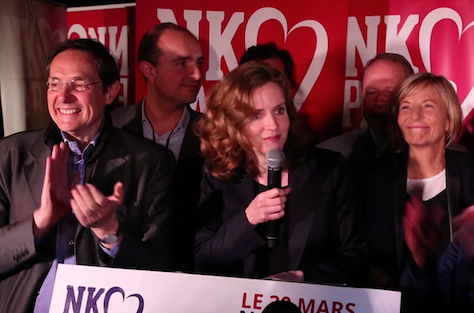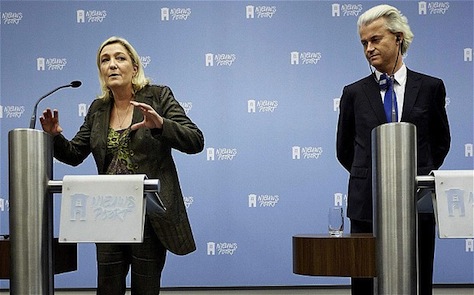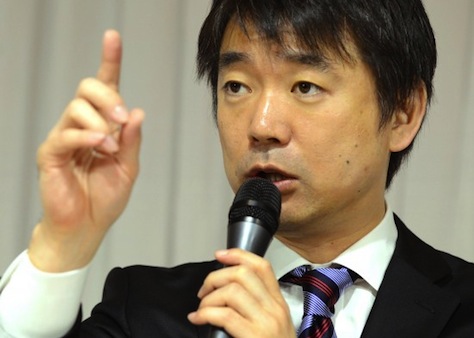Nicolas Sarkozy returned to the front line of French politics this weekend, easily winning the leadership of France’s leading center-right political party, the Union pour un mouvement populaire (UMP, Union for a Popular Movement).![]()
But Sarkozy’s breezy leadership resumption doesn’t mean that he should be packing his bags to return to the Élysée Palace anytime soon.
Winning just 64.5% of the vote against token opposition, Sarkozy’s internal UMP victory wasn’t the incredible triumph that he might have hoped. That insouciance underlines the greater ambivalence among the wider French electorate about a Sarkozy comeback. Sarkozy lost his reelection bid in May 2012 to François Hollande, the candidate of the center-left Parti socialiste (PS, Socialist Party). Though Hollande is now the most unpopular French president of the Fifth Republic, many voters would be happy for Sarkozy to remain on the sidelines. He’s saddled with memories of his ‘bling-bling’ administration, the futility of his reform efforts (beyond raising France’s retirement age) and the growing list of legal troubles that will plague any 2017 presidential bid.
* * * * *
RELATED: Don’t rule out Sarkozy just yet for 2017 comeback
* * * * *
Hollande is mired with some of the lowest approval ratings of any global leader as the French economy continues to stumble, even in comparison to the sluggish economy of neighboring Germany. Hollande’s high-profile breakup with partner Valérie Trierweiler dominated headlines earlier this year, despite his 2012 promise of a ‘normal’ presidency without the distractions of personal turmoil. His efforts to pass a tax on incomes over €1 million caused a wide backlash, as have his efforts to bring France’s fiscal deficit within EU targets. Hollande attempted a restart earlier this year by appointing a new cabinet, headed by popular interior minister Manuel Valls as France’s new prime minister, but that hasn’t, so far, revamped his reputation.
Even though Hollande (or any Socialist contender, including Valls) seems eminently defeatable, France’s conservatives aren’t even in agreement that Sarkozy is the right candidate for 2017.
Enter Alain Juppé, a senior statesman who hopes to lead the French center-right instead of Sarkozy. Though Juppé chose not to run for the UMP leadership, Sarkozy’s underwhelming victory is being reported as a back-door victory for Juppé, who has already indicated he will challenge Sarkozy for the UMP’s presidential nomination.
Juppé (pictured above) has gone through one of the most extraordinary comebacks in French politics himself. Continue reading Can Alain Juppé really become France’s next president?
